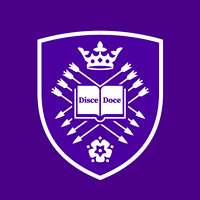fees waived
Orthoptics, BMedSci (Hons)
The University of Sheffield, United Kingdom
Subject ranking
UK / CUG 2024 10th
UK / THE 2025 12th
UK / Times 2025 14th
Costs
food & rentS$17.3K / year
Entry requirements
Scholarships
More than 50 available
More than 50 available
Unlimited quantity
Unlimited quantity
Limited quantity
Information
Code
Code
Intakes
Website (External)
Programmes
Information
Duration
2028
This course prepares you for a rewarding career in orthoptics, focusing on the diagnosis and management of various eye conditions, including eye movement disorders and visual impairments. Approved by the Health and Care Professions Council, it provides a comprehensive understanding of eye anatomy, physiology, ocular diseases, and related topics like medical ethics and NHS operations. Graduates can pursue diverse roles in healthcare, such as in NHS hospitals, community clinics, or rehabilitation centers for neurological patients, while developing skills through hands-on work with multidisciplinary teams.Key advantages include extensive clinical placements across the UK and Ireland, totaling 32 weeks over three years, for practical experience with patients. In your final year, you'll undertake a research project with potential for conference presentations or publication. Eligible UK students can access annual NHS grants exceeding £6,000 to support studies and placements.
A local representative of The University of Sheffield in Singapore is available online to assist you with enquiries about this course.

